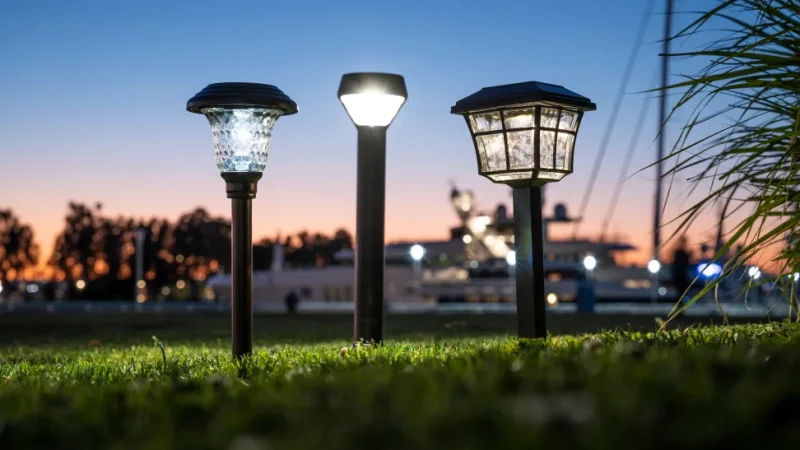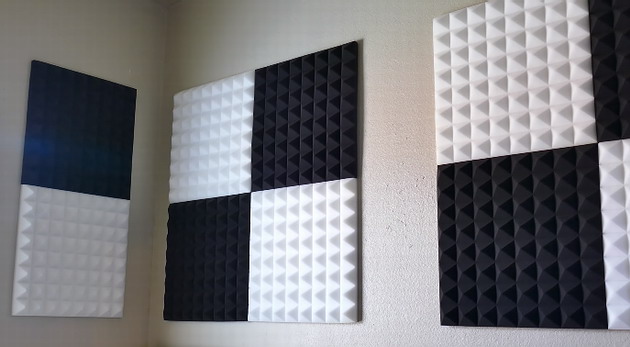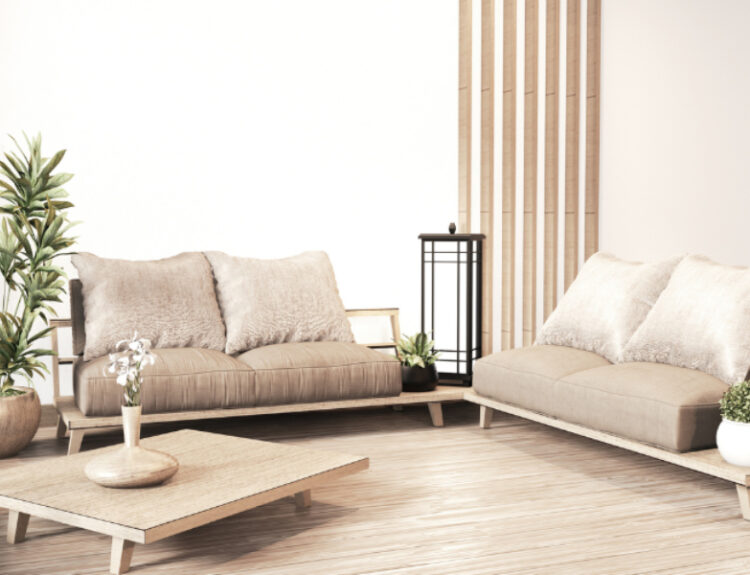When it comes to soundproofing, most people think about the materials first. Of course, if you want to block out sound, you need something that is going to be effective at doing just that. But what are your options when it comes to materials? And how long will they last? In this blog post, we’ll take a look at one of the most popular options: soundproof foam. We’ll discuss how long it typically lasts, and some tips on keeping it in good condition.
- What is soundproof foam and what are its benefits?
Soundproofing foam is a type of closed cell acoustic foam that is used to reduce sound transmission in buildings. The foam is made up of a series of interconnected cells that act as barriers to sound waves.
Soundproof foam can be used in a variety of applications, including walls, ceilings, and floors. When installed correctly, the foam can effectively reduce noise levels by up to 80%. In addition to its sound-reducing properties, soundproofing foam also offers a number of other benefits.
For example, the foam can help to improve energy efficiency by blocking drafts and regulating temperature. Additionally, the foam is fire resistant and does not off-gas harmful chemicals. As a result, it is an ideal material for use in homes and businesses.
- How long will it last before needing to be replaced again?
Soundproof foam can be used in a variety of settings, including offices, classrooms, and home theatres. The lifespan of soundproof foam depends on a number of factors, including the type of foam, the thickness of the foam, and the amount of use it receives.
In general, soundproof foam will last for several years before it needs to be replaced. However, if the foam is exposed to heavy use or sunlight, it may need to be replaced sooner. Ultimately, the best way to determine how often soundproof foam needs to be replaced is to consult with a qualified acoustic engineer.
- What factors affect how long the foam will last for a particular space or environment?
There are a few key factors that affect how long soundproofing foam will last in a given space or environment. The first is the amount of traffic or activity in the area. If the space is constantly being used, then the foam will degrade more quickly.
Another factor is the climate. Humid conditions can cause the foam to deteriorate, while dry conditions can help to prolong its life. Finally, the type of foam used will also have an impact on its longevity. Some foams are designed for short-term use, while others are more durable and designed for long-term use.
By taking these factors into account, you can choose a foam that will suit your needs and help to keep your space quiet for a longer period of time.
- Other tips or advice on maintaining soundproof foam over time for optimal performance and noise reduction benefits
In order to maintain the soundproofing benefits of your foam over time, it is important to take care when cleaning it. Avoid using harsh chemicals or abrasive cleaners, as these can damage the foam and reduce its ability to absorb sound.
Instead, stick to gentle cleansers that won’t cause any damage. It’s also important to vacuum the foam regularly in order to remove any dust or debris that could potentially reduce its effectiveness.
By taking some simple steps, you can ensure that your soundproof foam will continue to provide optimal performance and noise reduction benefits for years to come.









